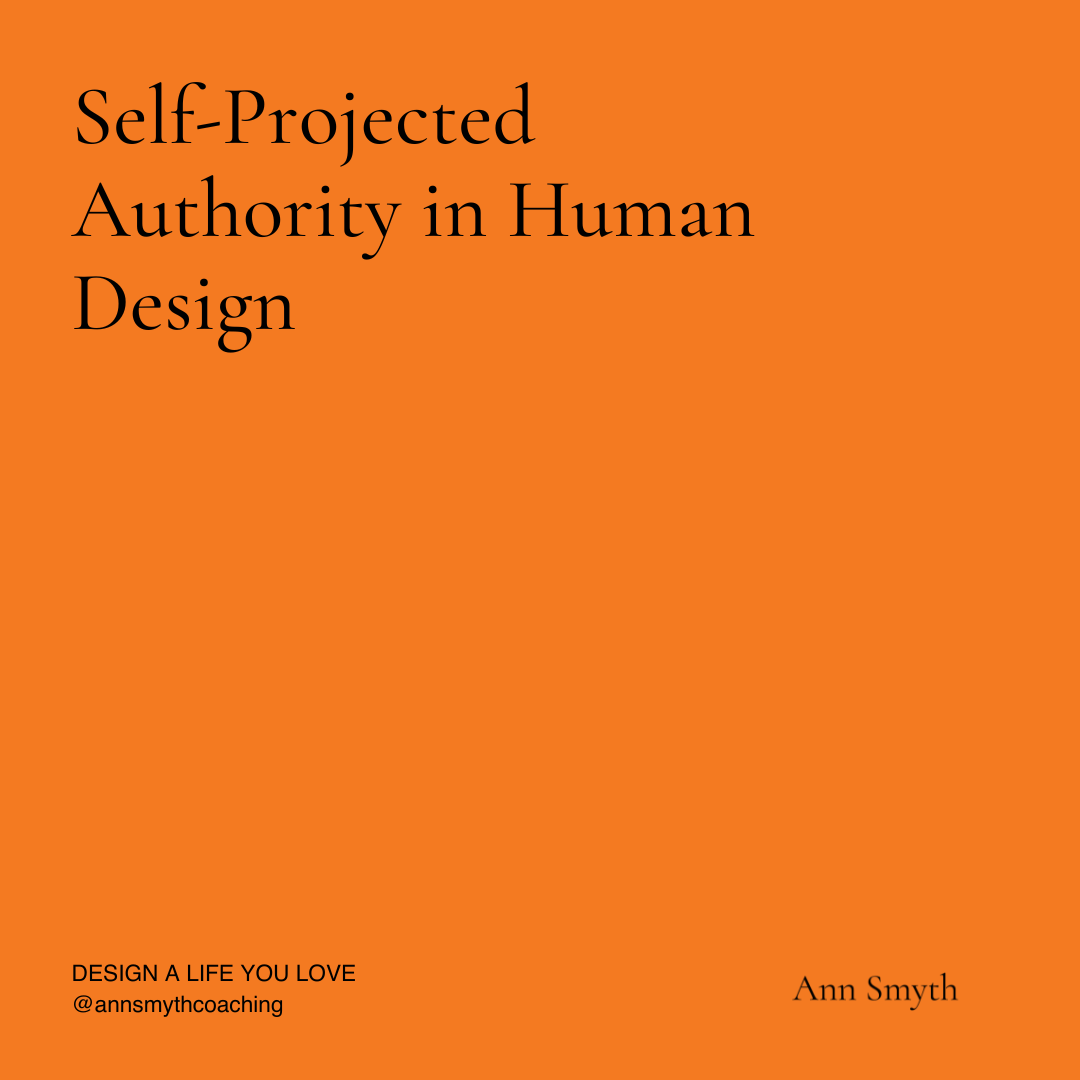35 Ways to Respectfully Say No: Embrace Sturdy Self-Leadership in Your Personal and Professional Life
“No is a complete sentence. It does not require an explanation to follow. You can truly answer someone’s request with a simple no.”
In both personal and professional settings, we often find ourselves needing to decline requests. Whether it's an additional work project, a social or family event, or a request to lower our salary or fees, saying no can be challenging. However, respectfully and effectively declining requests is crucial for maintaining healthy boundaries and prioritising our commitments and well-being. When we master the art of saying no, we protect our time, energy, and focus, allowing us to dedicate our best efforts to the tasks and relationships that matter most.
This need for boundary-setting is deeply connected to our nervous system regulation and concepts found in Human Design. By recognising potential energy leakages, we can better manage our responses and align with our future self-identity. Our nervous system plays a vital role in how we handle stress and maintain equilibrium in our lives. When we overcommit or fail to say no, we can overwhelm our nervous system, leading to burnout and decreased productivity. Understanding and regulating our nervous system responses helps us stay calm and assertive when setting boundaries.
Human Design, a system that combines astrology, the I Ching, Kabbalah, and the Chakra system, offers insights into our unique energy blueprint. By understanding our Human Design, we can identify areas where we are prone to energy leaks and learn strategies to conserve our energy. This understanding allows us to make decisions that align with our true nature, fostering a sense of peace and fulfilment.
Often, in work settings, we're encouraged to say, "I'm at capacity right now, what would you like me to prioritise?" While this keeps others in control, it creates an energy and power imbalance. This approach can inadvertently signal that our boundaries are flexible and that we are willing to stretch ourselves thin to meet others' demands. While it's important to be a team player, it's equally crucial to protect our well-being.
Embracing sturdy self-leadership means holding your boundaries without compromising yourself. It involves confidently and assertively saying no when necessary, and understanding that this is a form of self-respect and self-care. Sturdy self-leadership empowers us to make decisions that are in our best interest, fostering long-term sustainability in our professional and personal lives.
Having tools like these ready helps protect our energy and maintain alignment with our true selves. By setting clear boundaries and communicating them effectively, we can prevent energy leaks and maintain a balanced and fulfilling life. Here, we offer 35 ways to decline various types of requests with respect and professionalism, empowering you to hold your boundaries without compromising yourself. These strategies will help you navigate complex social dynamics, honour your commitments, and stay true to your future self-identity.
Declining Additional Work or Project Requests
Prioritisation Explanation: "I'm currently at capacity with my current projects and won't be able to take on additional work at this time."
Quality Concern: "Taking on more work right now might compromise the quality of my current projects, so I have to decline."
Focus on Current Commitments: "I'm focusing on completing my current commitments before taking on anything new."
Time Management: "I need to manage my time carefully and can't add another project right now."
Delegation Suggestion: "I'm unable to take this on, but perhaps [colleague's name] could assist."
Clear Schedule: "My schedule is fully booked for the foreseeable future, so I can't take on more work."
Deadline Conflict: "The deadlines for my current projects don't allow me to take on additional work."
Work-Life Balance: "To maintain a healthy work-life balance, I can't accept more projects at the moment."
Existing Commitments: "I have existing commitments that prevent me from taking on additional responsibilities."
Declining Social Events
Prior Engagements: "Thank you for the invitation, but I have a prior engagement."
Personal Time: "I'm planning to spend some time alone to recharge, so I'll have to decline."
Health Reasons: "I'm not feeling my best and think it's better if I rest at home."
Travel Restrictions: "Due to travel restrictions, I won't be able to attend."
Work Commitments: "I have a work commitment that I can't reschedule."
Family Obligations: "I have family obligations that I need to attend to."
Already Booked: "My calendar is already booked for that day, so I won't be able to join."
Virtual Attendance Suggestion: "I won't be able to attend in person, but I'd love to join virtually if possible."
Future Possibility: "I'm unable to make it this time, but please keep me in mind for future events."
Declining Family Events
Conflict with Schedule: "I have a conflict with my schedule that prevents me from attending."
Need for Rest: "I need to take some time to rest and won't be able to make it."
Prior Commitment: "I already have a prior commitment that day."
Travel Constraints: "Traveling is difficult for me at the moment."
Health Precautions: "For health precautions, I need to stay home."
Work Obligations: "Work obligations are preventing me from attending."
Emotional Need: "I need some personal time for emotional well-being."
Short Notice: "The notice is a bit short for me to rearrange my schedule."
Alternative Plan Suggestion: "I can't attend this event, but let's plan something together soon."
Declining Requests to Lower Salary or Fees
Value Assertion: "My rates reflect the value and quality of my work, so I can't lower them."
Market Rates Explanation: "My fees are in line with current market rates, and I need to maintain them."
Cost of Living: "Given the cost of living, I can't afford to lower my salary/fees."
Professional Standards: "To uphold professional standards, I need to maintain my current rates."
Sustainable Pricing: "My current pricing is set to ensure the sustainability of my business."
Experience Justification: "My rates reflect my experience and expertise in the field."
No Discounts Policy: "I have a policy of not offering discounts to ensure fairness to all clients."
Financial Obligations: "I have financial obligations that require me to keep my current rates."
Conclusion: Embracing Boundaries with Sturdy Self-Leadership
Saying no is an essential skill that allows us to manage our time, energy, and commitments more effectively. By using these 35 respectful ways to decline additional work, social invitations, family events, and requests to lower our fees or salary, we can maintain healthy boundaries without causing unnecessary tension or misunderstandings. This practice not only helps regulate our nervous system by reducing stress and preventing burnout but also aligns us with our Human Design by preventing energy leakage.
Prioritising clear, respectful communication will ensure that your relationships remain positive and your personal and professional life stays balanced, allowing you to stay true to your future self-identity. Empowering yourself to hold your boundaries without compromising your values or well-being is key to a fulfilling and sustainable life. Remember, maintaining an energetic balance is crucial, and not allowing others to dictate your priorities ensures you keep your power and energy aligned with your true self.
Embrace sturdy leadership of self to navigate these interactions with confidence and clarity. By integrating sturdy self-leadership, Human Design principles, and nervous system regulation into your daily life, you can prevent energy leakage and stay aligned with your true self. Learn how to protect your energy, maintain healthy boundaries, and stay true to your future self by discovering these 35 respectful ways to say no in both personal and professional settings. Embrace empowerment and safeguard your well-being for a balanced and fulfilling life.
Recommended reading:
To further explore the concepts of boundary-setting, self-leadership, and energy management discussed in this article, here are some insightful books that can provide deeper understanding and practical strategies:
"Boundaries: When to Say Yes, How to Say No to Take Control of Your Life" by Dr. Henry Cloud and Dr. John Townsend. This book offers a comprehensive guide on setting healthy boundaries in all areas of life, helping you to protect your energy and maintain balance.
"Essentialism: The Disciplined Pursuit of Less" by Greg McKeown. McKeown's book teaches the importance of focusing on what truly matters and eliminating what doesn't, which aligns perfectly with the concept of sturdy self-leadership.
"The Art of Saying No: How to Stand Your Ground, Reclaim Your Time and Energy, and Refuse to Be Taken for Granted" by Damon Zahariades. Zahariades offers practical advice on how to say no without guilt, helping you to maintain your boundaries and protect your well-being.
"Quiet: The Power of Introverts in a World That Can't Stop Talking" by Susan Cain. Cain's book helps introverts understand their strengths and how to set boundaries in a world that often values extroversion, supporting the idea of sturdy self-leadership.
Atomic Habits: An Easy & Proven Way to Build Good Habits & Break Bad Ones" by James Clear. Clear provides strategies for making small changes that lead to significant improvements, which can help in establishing and maintaining healthy boundaries.
These books will equip you with the knowledge and tools to further develop your ability to say no, maintain healthy boundaries, and manage your energy effectively in both personal and professional settings.
This post may contain affiliate links.




